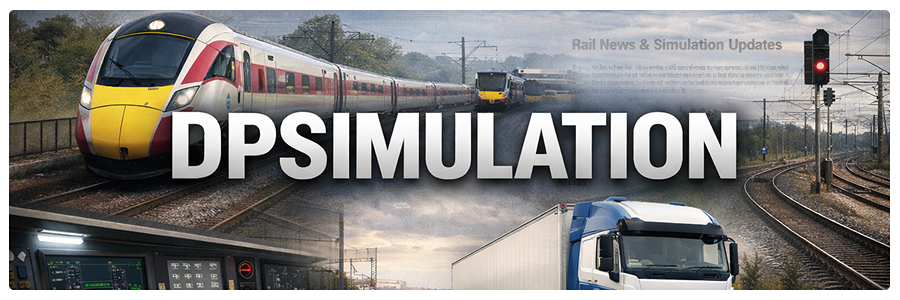Government Freezes Rail Fares Nationwide for First Time in 30 Years

For the first time in three decades, rail passengers across England are set to see fares frozen, a decision the Chancellor and Transport Secretary say will ease pressure on household finances and support economic stability. The freeze, to be confirmed in the upcoming Budget, will apply to regulated fares including season tickets, commuter peak returns and off-peak long-distance journeys, offering relief to millions who rely on the rail network each day.
The announcement marks a major intervention at a time when transport remains one of the largest household expenditures. With travel accounting for roughly 14% of typical spending, ministers argue that holding fares steady will offer meaningful savings, with some commuters on higher-priced routes expected to keep more than £300 a year in their pockets. The Treasury says the measure will also help restrain inflation by capping a core element of everyday costs.
Chancellor of the Exchequer Rachel Reeves framed the decision as part of a broader Budget strategy aimed at national priorities.
"Next week at the Budget I’ll set out the fair choices to deliver on the country’s priorities to cut NHS waiting lists, cut national debt and cut the cost of living. That’s why we’re choosing to freeze rail fares for the first time in 30 years, which will ease the pressure on household finances and make travelling to work, school or to visit friends and family that bit easier."
Transport Secretary Heidi Alexander said the government’s intention is not only to save passengers money but also to rebuild confidence in the network.
"We all want to see cheaper rail travel, so we’re freezing fares to help millions of passengers save money. Commuters on more expensive routes will save more than £300 per year, meaning they keep more of their hard-earned cash. This is part of our wider plans to rebuild Great British Railways the public can be proud of and rely on."
The freeze arrives as work accelerates on establishing Great British Railways, the new publicly owned body intended to streamline the system after years of fragmentation. The forthcoming Railways Bill will give GBR control of both track and train operations, with the aim of improving accountability, simplifying journeys and modernising ticketing through tap-in tap-out systems, digital purchasing and a dedicated national app. Passenger advocacy groups have welcomed the announcement, calling it an important step toward reversing declining affordability.
CEO of Campaign for Better Transport Ben Plowden said:
"We know that cost is the number one concern for people wanting to travel by train, so it is very welcome that fares will be frozen next year as we have been calling for. As well as helping households with the cost of living, this will enable more people to choose rail, reducing traffic on our roads, benefitting the economy, helping the environment, and connecting communities across the country. One of the government’s six objectives for the reformed railways is that they should be affordable. As plans for Great British Railways gather pace, this is a positive sign that affordability for passengers is being given the high priority it deserves."
Image: Network Rail

